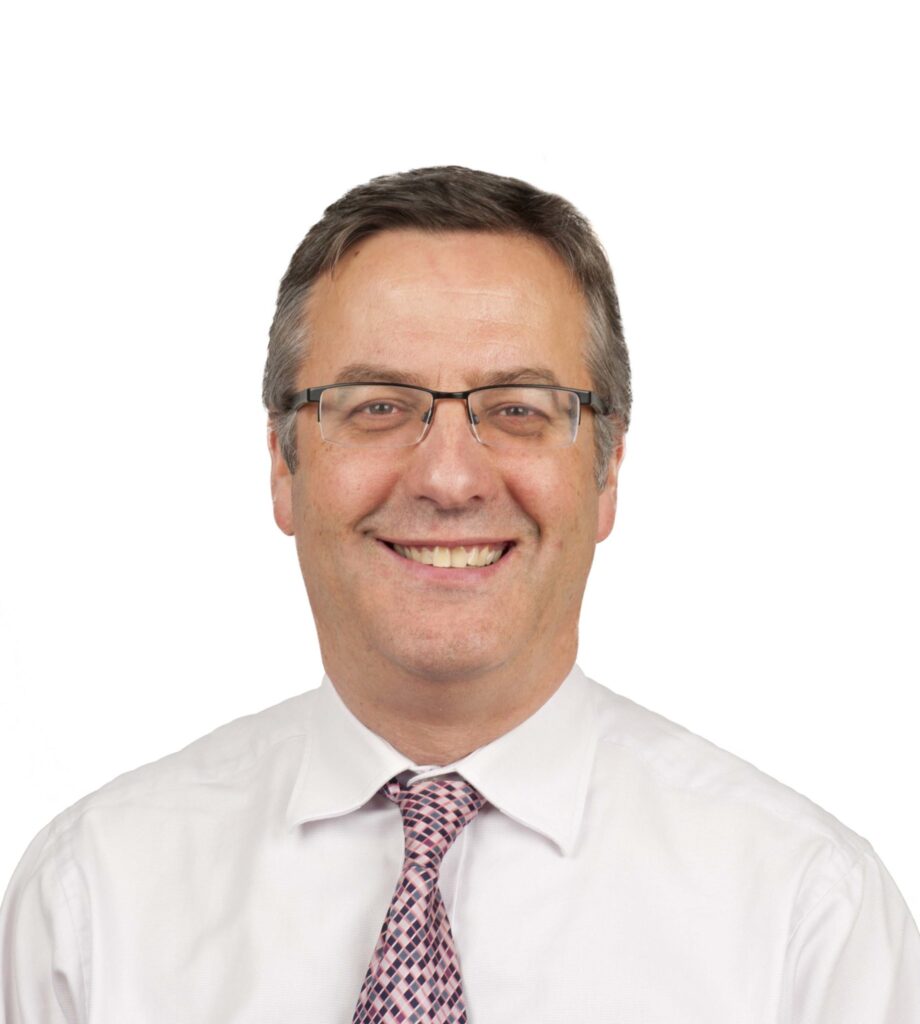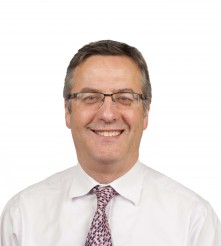Future Jimmy Saviles can be prevented through training’ – Professor calls for whistleblowing overhaul in care homes and hospitals
15 November 2012 By Northern Lights

 A leading professor in the field of social work is calling for a radical change in the way local authorities and health bodies train those working with vulnerable people, so they know how to raise the alarm when they find a ‘Jimmy Savile’ culture.
A leading professor in the field of social work is calling for a radical change in the way local authorities and health bodies train those working with vulnerable people, so they know how to raise the alarm when they find a ‘Jimmy Savile’ culture.
Speaking at a national social care conference, tomorrow 16 November 2012, Professor Keith Brown, director of the national centre for post qualifying social work at Bournemouth University, will say: “We keep hearing of ‘Jimmy Savile’ cultures in care homes and hospitals, where employees know or suspect that abuse is going on and either no-one has the courage to whistle-blow – or if they do, no-one believes them.”
He says that the only way to stop abuse persisting is by giving everyone – from cleaners to chief executives – the skills and confidence to raise their concerns if they suspect abuse and, importantly, to overcome resistance to their suspicions.
“The media are good at putting the spotlight on a Baby P, a Winterbourne View – or Jimmy Savile. But abuses go on every day and are not reported. I want the student nurse, the social worker, the shift manager, the cleaner all to know what to do, how to raise concerns and to ensure they are listened to,” he adds.
“Training is needed to work through what to do in those ‘crunch’ moments if they suspect abuse and how to overcome barriers and resistance to their suspicions.”
Professor Brown also calls for directors of care organisations to be given the leadership skills to create transparent cultures. “Bosses need leadership training to create a culture where this works – and they must learn how to manage in homes, hospitals and the community so that the abuses do not happen. We also need to be checking that this is all working through assessments.”
He says that too much training in social care is never assessed, so there is little evidence as to its effectiveness or value: “Leadership and safeguarding development needs to be appropriate to the sector with clear assessment and impact evaluations so that the professions, the public and all citizens can have confidence that vulnerable people will be protected appropriately – and better.”
In the last year, there have been reports into widespread abuse in Winterbourne View Hospital, near Bristol where 11 ex-staff members admitted offences against patients; Rochdale teenagers were groomed by sex gangs, resulting in nine men being jailed; and six care workers have been arrested in connection with suspected abuse of elderly residents at Hillcroft Nursing Home, near Lancaster.
The national centre for post qualifying social work at Bournemouth University trains social workers after they have qualified. They have been recognised with numerous national awards for the practical relevance of their training. Most of their work is carried out in the field – at local authorities, hospitals and care homes. They have developed a range of training and impact assessment tools for leaders running these organisations.
